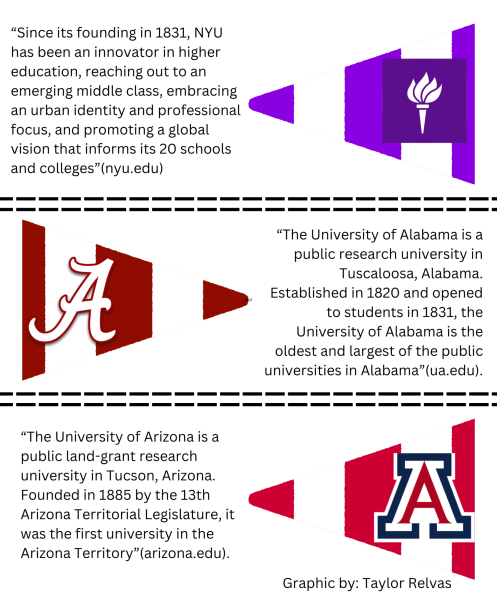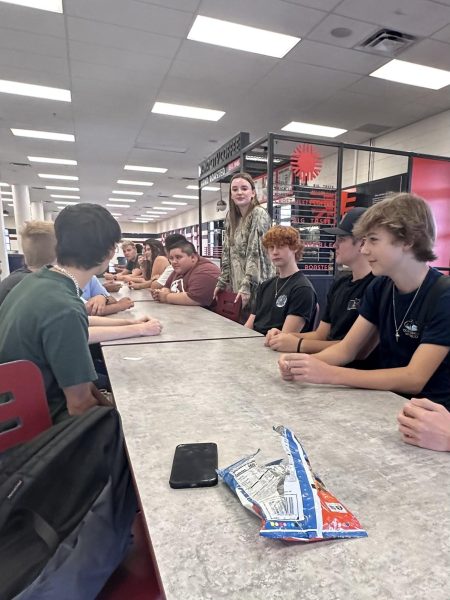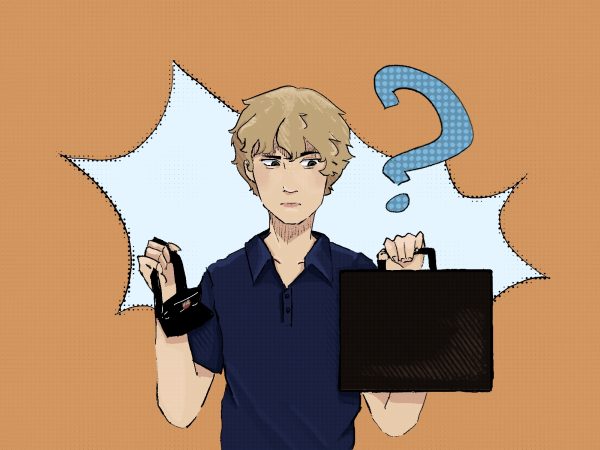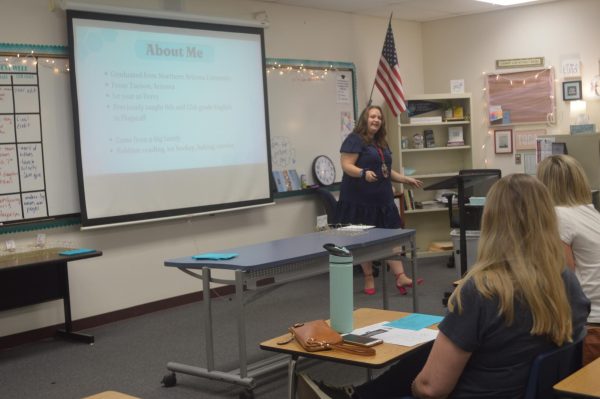Schools Struggle with Differences
The creeping fear of failing a class is always on the shoulders of students. People know that unpleasant feeling of getting a F on a test and thinking that their whole high school career is over. While some adolescents have the ability to go to receive extra help, others are denied necessary aid in order to succeed. Children with educational issues and gifted students are specifically ignored when there is a call for help. Teachers and schools all over the country have become unconcerned with the education of certain students. Children are our future, so why are public schools avoiding the situation?
Students with educational issues such as ADD, ADHD, dyslexia, etc. are specifically affected by a school’s ignorance. These students typically receive an Individualized Educational Program (IEP) in order for their teachers to truly understand the help they need, but not many of these teachers follow through.
According to corestandards.org, “[It is necessary for schools to provide] an IEP which includes annual goals aligned with and chosen to facilitate their attainment to grade-level academic standards.” While 5.7 million students in the country have identified as having a learning disability, only 39% are getting the help they need through IEP’s or other aiding techniques (National Center For Learning Disabilities). This means that since 2011, less than two-fifths of the identified population has received any necessary help, assumingly causing them to fail. No one wants that ugly feeling of failure to fill their mind.
As for gifted individuals, they are categorized as students “who demonstrate outstanding levels of aptitude or competence in one or more domains”(National Association For Gifted Students). As opposed to Advanced Placement or Honors students, gifted adolescents are students who find different solutions to issues. These children work outside the box and sometimes have a difficult time learning in an average classroom. In a study conducted by aboutourkids.org, “one of the most common areas of educational mismatch for gifted students…has been in the area of math education.” Although a gifted student is expected to exceed in most courses, classes that do not provide individual learning environments can decrease the amount of knowledge a gifted student acquires. These exceptional students are held to the same standard as average students rather than one that challenges them. Thus, holding back the true potential of a gifted student.
Some families make efforts to provide the extra help necessary, but are met with distress. “Only affluent families are able to afford better education matches for their children,” stated aboutourkids.org, “by using Internet math programs, finding weekend or summer enrichment programs or by placing their children in suburban or independent schools.” Lower-class families are unable to receive any aid necessary and students are failing all over the country even though the solution is right in front of their eyes.
Teachers and schools need to stop ignoring the individualistic needs for each students and help all of the children accomplish educational goals.
Kaitlyn is a junior who is her first year on the newspaper staff. In addition to her role with the Precedent, she is also highly active in Student Government.




